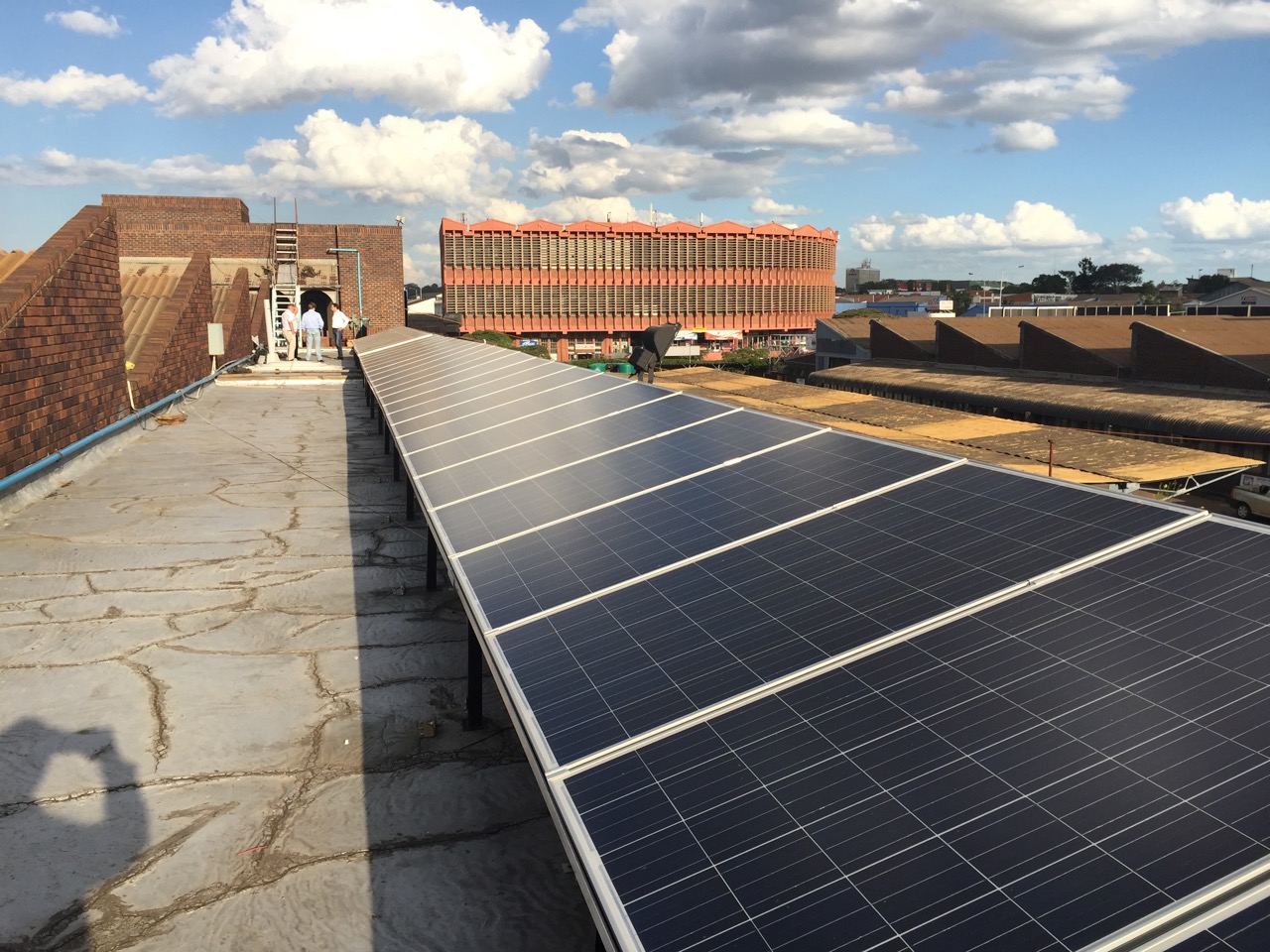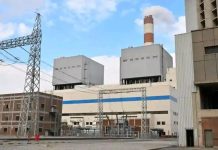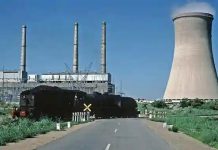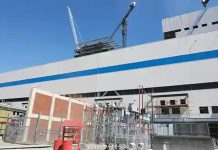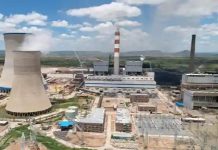ENERGY expert Kwabena Addo Pambour says African leaders lack the political will to invest in sustainable energy sources, a situation that has led to crippling power cuts across the continent with some countries, like Zimbabwe, going for 18 hours daily without electricity.
Speaking on the sidelines of the Africa Students and Youth Summit held recently in Rabat, Morocco, energy entrepreneur Pambour said Africa had the potential to export power to European countries but is failing to meet local demand.
Pambour, who is also an energy software developer, said renewable energy sources like hydro-power, wind and solar will save Africa from the current power crisis.
“I can only think political reasons in my opinion because the resources are there.When I hear that a country in Africa is importing primary energy from somewhere else, for me it’s a joke. It is like you are sitting on gold and then you ask others to bring the gold to you, it’s ridiculous,” Pambour told businessdigest.
“The resources are there, we just need to tap into them. We need the experts and learn from them, incentivise innovation.” Southern Africa has been facing crippling power challenges this year, with South Africa, Namibia and Zambia enduring long periods without electricity. In South Africa, big mining companies have been forced to shut operations due to power shortages.
Pambour said political leaders should encourage investment in renewable sources of energy and emulate countries like Morroco which injected US$9 billion into a major solar project.
“I think Africa has a huge potential for renewable energy. All these renewables can be used to cover the energy demands in Africa. Africa has the ability to supply the whole with energy but what is currently going wrong. We don’t have the engineers to come up with a strategy for the future,” Pambour said.
Hydrogen in my own opinion is the new oil for the future because energy systems are now in a transition, we want to move from coal generation, from sources that produce carbon dioxide and we want to decarbonise our energy system. So in order to do that we need to decarbonise our energy systems.”
Zimbabwe is currently pushing forward with plans to build four new solar power plants, amid a drought that has battered the country’s ability to generate hydroelectricity.
This comes after a botched deal involving controversial businessman Wicknell Chivhayo who in 2015 was awarded a tender and got paid US$5 million by the Zimbabwe Power Company (ZPC) for pre-commencement work at the 100-megawatt Gwanda solar power plant.
The solar project, that was expected to contribute to the country’s power generation, failed to take off.Last year, Zimbabwe was plunged into darkness and forced to endure an excruciating load-shedding schedule due to low water levels at the country’s major water source, Kariba Dam.
The water at Lake Kariba last year plunged to its lowest level since 1996, worsening the power generation crisis.Zimbabwe and Zambia depend on Kariba Dam for nearly half their power.
Water levels at the world’s largest man-made freshwater reservoir that straddles the two countries fell to 10% of usable storage, according to data posted on the Zambezi River Authority’s website.
That is the lowest since 1996 and worse than the 11% recorded during a drought in 2016. “We should not sleep; this is a crucial time where we have a chance to make a difference and where we have the opportunity to compete with European countries. I think the people have to learn about the opportunities they have in renewable energies,” Pambour told businessdigest.

